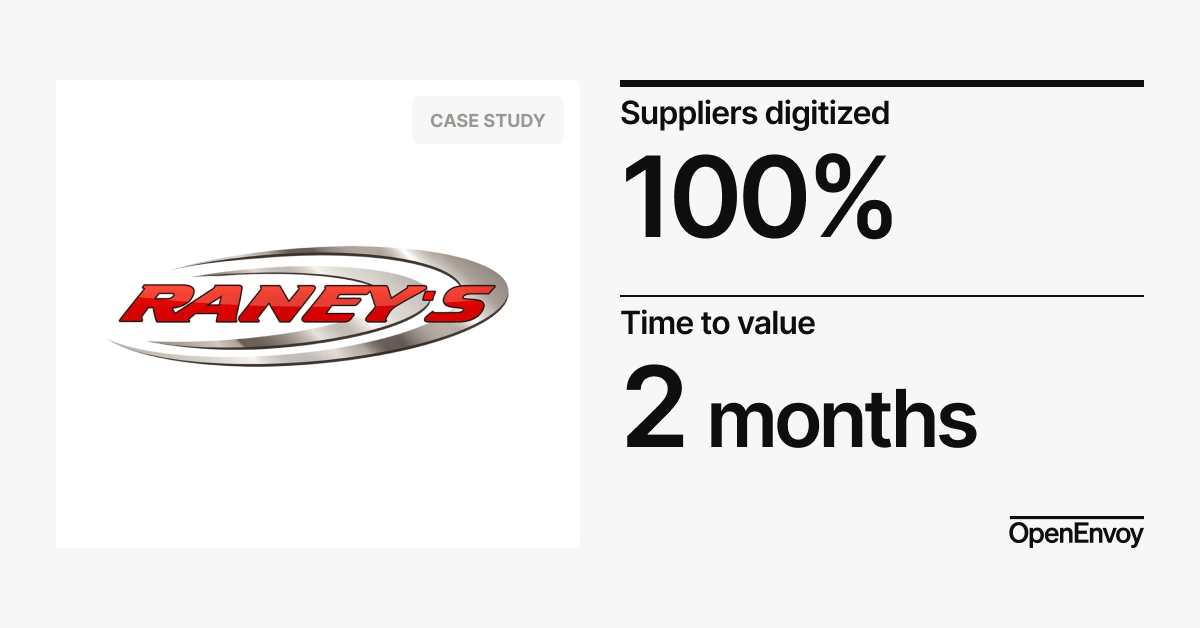Ukraine’s e-invoicing regulations: B2G and B2B compliance


Ukraine has implemented e-invoicing as part of its strategy to modernize financial processes, improve tax collection, and reduce fraud. The country has integrated e-invoicing with its real-time VAT reporting system, ensuring transparency and compliance with tax regulations.
Ukraine’s e-invoicing framework aligns with European standards but includes specific national regulations that require businesses to submit invoices directly to the tax authority before issuing them to recipients. This process enhances tax compliance and prevents invoice fraud.
Regulatory authority
The State Tax Service of Ukraine oversees e-invoicing implementation and enforcement.
E-invoicing requirements
Since 2018, all VAT-registered businesses must issue electronic invoices and report them to the tax authority. Public sector suppliers are required to use e-invoicing for all transactions.
Accepted invoice formats
Invoices must be issued in XML format, based on Ukraine’s national standard for tax compliance.
Transmission channels
Invoices must be submitted via the Unified Register of Tax Invoices, Ukraine’s official tax reporting system.
Digital signatures
Digital signatures are mandatory for all electronic invoices to ensure authenticity and security.
Archiving requirements
Invoices must be archived for three years to comply with Ukrainian tax laws.
How B2B e-invoicing works in Ukraine
Businesses generate invoices in XML format and submit them to the Unified Register of Tax Invoices for validation before sending them to recipients.
How B2G e-invoicing works in Ukraine
Invoices must be issued through the Unified Register of Tax Invoices, validated by public entities, and archived for three years.
Serious about protecting your cashflow?








